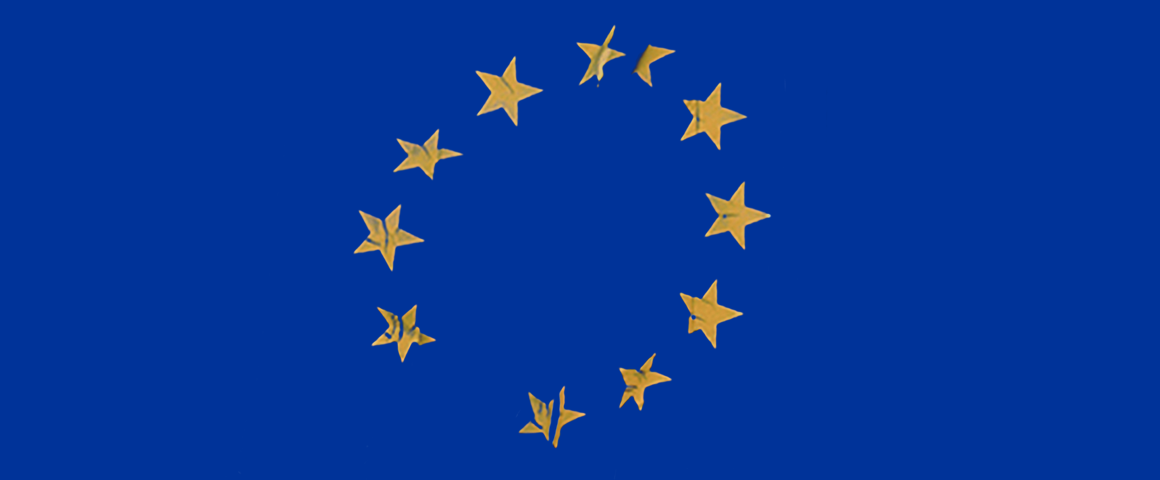If you can’t fix it, Brexit. This has been at least in part the sentiment that led to the success of the Leave campaign on June 23. Contrary to the nationalist message of the right-wing camp in the UK, many rejected the notion of a EU that operates mostly for the corporate interests with scarce real benefits for the people. Others have shown outrage at those who supported the Leave campaign. How many stopped to think: what has the EU done for Europeans?
The mainstream media has been reporting that a Leave vote was a vote for racism, xenophobia and against immigration. There may have been some truth there from very conservative sectors of the UK. Others suggested an age factor, with older people voting to leave and younger people voting to remain. But it is also possible that it was used as a scare tactic for the Brexit. In any case, there has been little media introspection on the failures of the EU.
Suddenly, many Europeans now show a great deal of interest on this issue, including those who usually don’t pay attention to foreign affairs. And they should. Had the vote been for the Remain campaign, two outcomes would have gone unnoticed: the Cameron Conservatives working hand-in-hand with the far-right sector of Boris Johnson, despite differences; and no possibility of a move towards more progressive pro-labour policies in the UK. This would have been a vote for the Remain “status quo”.
The replacement of Cameron by a new Prime Minister, Theresa May, has already pushed a recovery of the speculative financial markets after the doom-and-gloom following the Brexit vote. Everything will go back to normal in the financial world, which highlights the fact that the EU is mainly an economic union.
Something appears to be different, though. The following statement from a Tory government would have been unthinkable before Brexit. “[Theresa] May announced several policy proposals that were pure Miliband. As reported overnight, she called for workers to be represented on company boards (going slightly further than Labour did in its 2015 manifesto). She also called for action on excessive executive pay and on cartels.” (The Guardian, July 11). Will the Labour party heal its internal differences and push the much-needed reforms for workers now that the pressure from the EU is out of the way?
However, let’s cross the Atlantic to see a different approach to alliances, coalitions and unions. We must draw a parallel between the European Union dream and the Latin American Union dream, and raise questions.
Why the obsession about maintaining a EU in spite of its failures, and the determined intent to destroy any attempt of Latin America to form alliances? How can the desire to build coalitions elicit two opposite reactions?
The Latin American integration vision is as old as the emergence of sovereign states following the wars of independence from Spain in the 19th century. Venezuelatoday is a constant reminder of Simón Bolívar’s dream of a united Latin America free from foreign domination. Several attempts to form regional trade and political organizations have been made over the decades. Many have failed and new stronger ones have been forged.
The Organization of American States (OAS) was born at the time of the Cold War in 1948 for the purpose of collective security and reciprocal assistance. The fact that it includes Canada and the United States with headquarters in Washington, DC, the OAS is seen as heavily controlled by the U.S.
In 2011 the Community of Latin American and Caribbean States (CELAC) was created. Excluding Canada and the U.S., CELAC reflects more the vision of an independent Latin American block.
In 2011 as well, UNASUR became a legal intergovernmental regional organization comprising 12 South American countries.
But perhaps the Bolivarian Alliance for the Peoples of Our America (ALBA), founded initially by Cuba and Venezuela in 2004 and now with a total of eleven member countries, represents more fully the vision of Simón Bolívar as suggested by its name. (Member states include Antigua and Barbuda, Bolivia, Cuba, Dominica, Ecuador,Grenada, Nicaragua, Saint Kitts and Nevis, Saint Lucia, Saint Vincent and the Grenadines and Venezuela. Suriname was admitted as a guest country at a February 2012 summit.) ALBA is an organization for the social, economic and political integration of the Latin American and Caribbean countries established on social welfare, complementarity, mutual aid, and a foreign policy based on solidarity.
That is quite a different goal from that of the EU, and conceivably the reason why it must not succeed under the U.S. government watch.
While the U.S. has had a particular preoccupation for the integrity of the EU, it has no similar support for a Latin American integration.
Margaret Kimberley wrote in her column, “The United States is the invisible senior partner of the EU, making sure that it keeps the international banksters well funded, expands NATO and makes certain that no one steps out of the American orbit.” (See www.blackagendareport.com/good_news_about_brexit.)
The OAS has provided the proper venue for the U.S. to maintain a similar regional preeminence, but the new progressive Latin American countries are trying hard to get out of the American orbit. They know that one way to achieve that is by building the Patria Grande of Hugo Chávez.
The EU, a creation of corporate interests, has been sold as the ultimate peace guarantor in Europe. But there cannot be Peace without Justice, as we observe from the increasing unrest in Europe and neighbouring countries.
In contrast, the long-time dream of a Latin American union has been frustrated, because it has a strong popular will to make it come true, based on sincere partnership and solidarity among the member states without foreign interventions.
In order to undermine the integration attempts, the U.S. is resorting to regime changes in several Latin American countries that are even producing anti-Latin American sentiments. Following the parliamentary coup in Argentina, for example, the new pro-business president Mauricio Macri, during his visit to Spain, suggested that “the leaders of [Latin American] independence must feel anguish for having taken the decision to separate from Spain.” (See http://www.cubadebate.cu/noticias/2016/07/11/indignacion-en-argentina-ante-declaraciones-de-macri-ante-el-rey-de-espana-video/#.V4bqjFcrz9k.)
It’s only when we start contrasting positions such as the EU and the Latin American aspiration for a union that we have a better understanding of the political forces behind them, and reveal the double standards of neoliberal ideology.
Unions and partnerships are not malicious per se. Only those formed to promote the interests of corporations over the interests of people must be questioned. I will always prefer entities that have blood running through their veins, not cash.




